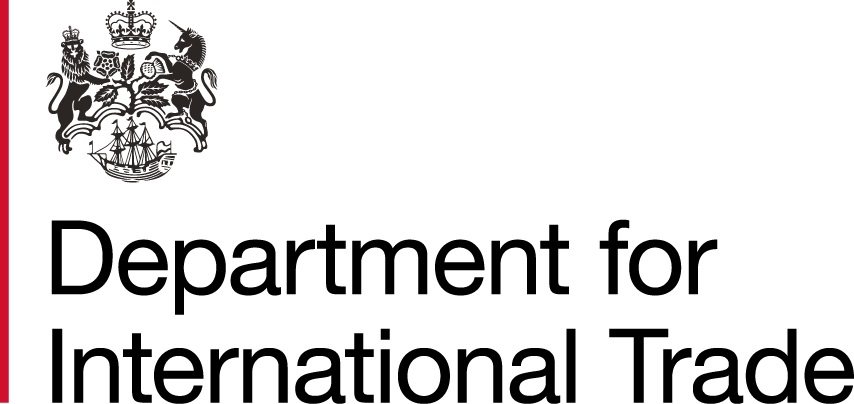UKIMS comes into view
The UK Internal Market Scheme (UKIMS) will replace the existing UK Trader Scheme (UKTS) in under two weeks, from 30 September.
Under the scheme, businesses will be able to declare that goods entering Northern Ireland from Great Britain are ‘not at risk’ of moving to the EU, ensuring EU duty is not payable on the goods. Once authorised on UKIMS, businesses can declared goods as not at risk when completing declarations by using the code ‘Northern Ireland remain’ (NIREM).
If a business’ authorisation is not processed by the time that UKTS closes on 30 September, HMRC advises that businesses will, if eligible, be able to claim any duties back via the Duty Reimbursement Scheme or claim a customs duty waiver.
The Trader Support Service hosted a webinar on the new scheme earlier in the year, which you can watch here.
Russia steel and iron sanctions
Goods containing iron or steel originating in Russia that are processed in a third country will face new sanctions from 1 October, as per Chapter 4CA in Regulation 3 in the Russia (Sanctions) (EU Exit) (Amendment) Regulations 2023.
The regulation allowed for a window within which businesses could import goods which were processed in third countries, but which contained specific iron and steel products from Russia but this window is due to close on 30 September.
This places extreme importance on businesses having robust processes in place to review their supply chains and includes not just tier 1 vendors but further down the chain too.
It is important that businesses understand their commodity codes and country of origin requirements, while conducting proper due diligence, alongside their suppliers, to seek confirmation that the products they are importing do not contain Russian-origin components or materials.
Electronic Trade Documents Act
The Electronic Trade Documents Act is due to come into force on Wednesday this week (20 September), potentially heralding a new era for UK trade.
Technology and digital economy minister Paul Scully has said the legislation – which gives electronic versions of key trade documents equal legal footing as their paper equivalents – could save businesses up to £1.1bn over the next decade.
You can read more about the possible impact of the legislation here, as well as some of the hurdles that need to be overcome to make its potential a reality here.

